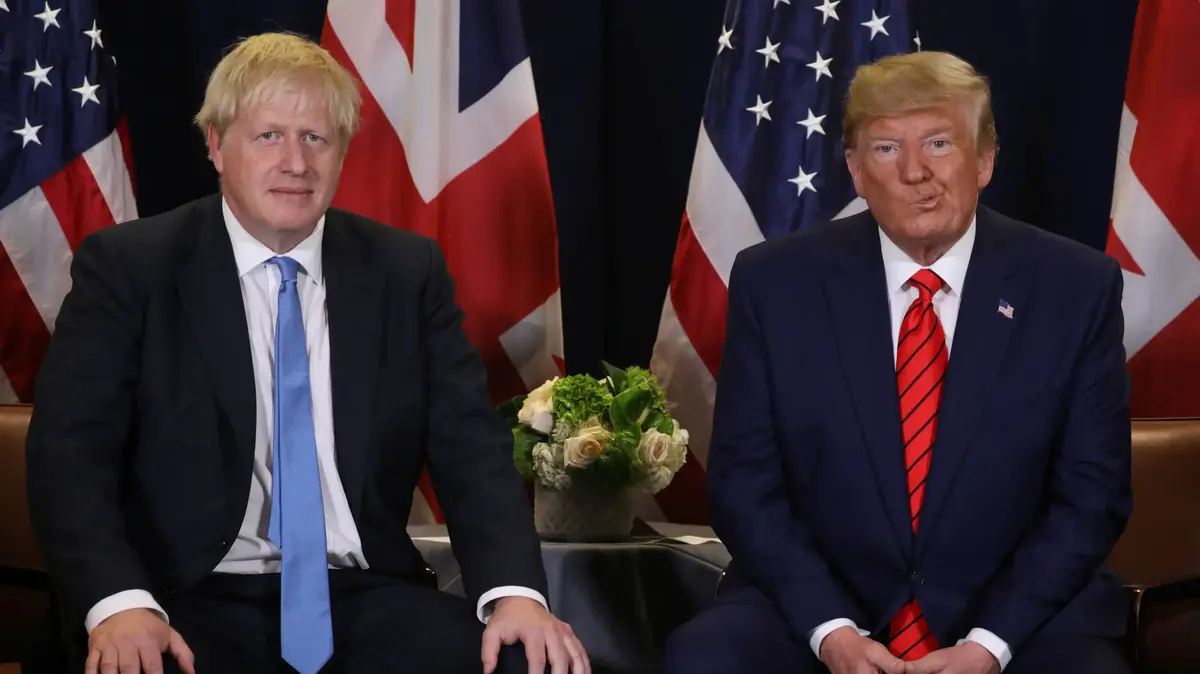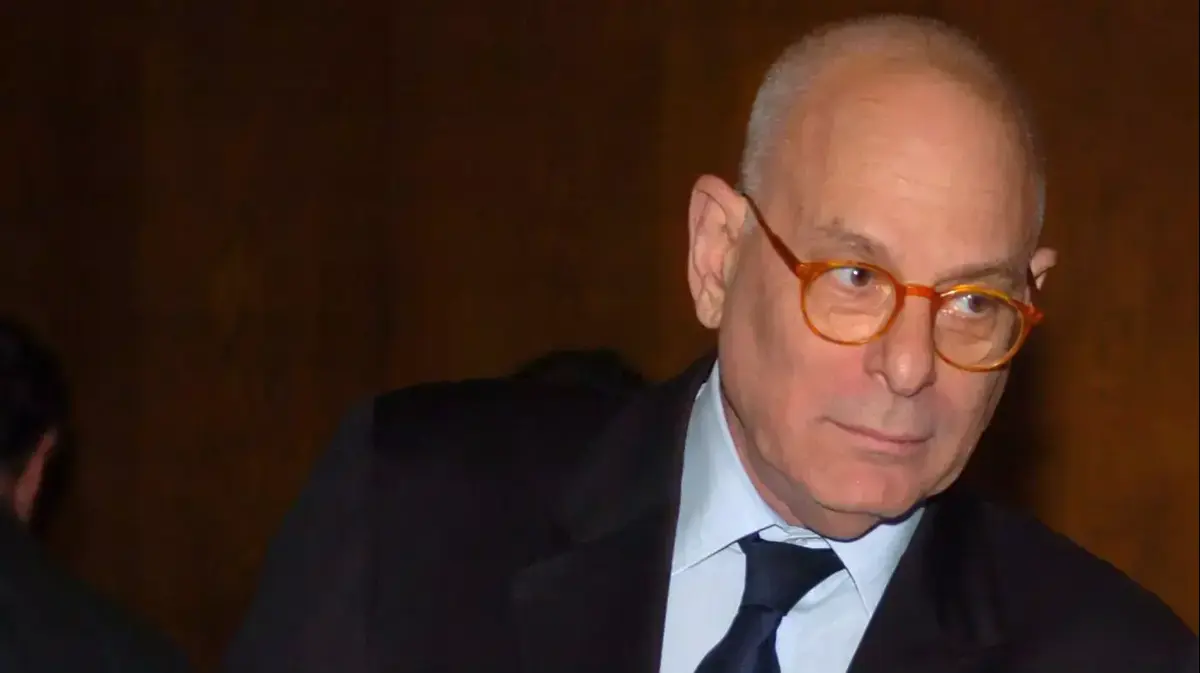No longer what it was: Computers re-route to 2020
In the last decade, global economic discourse has changed from end to end: the effects of globalization have been examined in the short term, exceeding the deficit target is no longer a disaster; And neoliberals also want to see more government intervention. Is the change in discourse permeating Israel, and how is it related to the climate crisis?
This past year, there were no dramas in the global economy, including a seemingly minor turnaround, indicative of a profound change. The US Federal Reserve has abandoned its plans to continue raising interest rates, even reversing its direction and lowering it slightly. Ten years after the financial crisis, anyone expecting us to return to a world of high interest rates and moderate inflation has once again been sued.
On the other hand, and not least thanks to the Federal Reserve, the big story of the last decade, which is sometimes not enough, continued: the economic recovery in the US and the world continued, and even seeped into workers' salaries.
All this happened in the economy itself. But in the background, changes in economic discourse, signs of rethinking among economists and decision makers alike could be identified. At the start of the new year, "Globes" marks three changes in the economic discourse of the past year - and the vision that may rise to the center of the agenda in the coming years.
More in Walla! NEWS More in Walla! NEWSYour child needs to consume more calcium. Here are all the reasons
Sivan Peleg in cooperation with the Dairy Council
To the full articleAnother economic discourse. Trump (Photo: Reuters)
US President Donald Trump December 24, 2019 (Photo: Reuters)
1. Globalization: Free trade is no longer so attractive
Last October, economist Paul Krugman published an article in which he strikes for sin. Krugman, who won the Nobel Prize for his studies in international trade, stated that he and his friends made a "significant mistake" when talking about globalization in the 1990s. At the time, they were looking at the big picture, asking questions like what globalization would do to the gap between blue-collar workers and white-collar workers in the world, or how it would affect measures of inequality - all in the long run.
They did not ask what globalization and, more specifically, the surge in trade, would do in the short term for specific sectors, such as U.S. manufacturing workers. These are workers affected by the "shock of China" - quoted MIT economist David Autor's study of China's integration into the global economy. Autor found that competition with China has resulted in the loss of about 1 million U.S. manufacturing jobs, many of them concentrated in specific regions, and more than 1 million related jobs.
Krugman wrote in retrospect: markets have already opened, China has already integrated into the global economy, and this one-time historical event will not be repeated. At the present time, according to Krugman, an attempt to reverse the direction of globalization, for example through tariffs, will cause a new shock. But this process, of globalization reversal, may be in full swing, and not necessarily the economic considerations that Krugman employs, but for broader reasons.
Discourse in the US, and in fact the world, has already exceeded free trade and distributive justice debates, and has surfaced to other levels, including defense. .
This competition will probably shape the coming years as well. So free trade is not what it used to be, and not just because of the realization that it has winners and losers, but because of the merging of economics and politics. And there are other such examples.
Regrets. Krugman (Photo: AP)
Paul Krugman (Photo: AP)
2. "The Invisible Hand": Less reliant on markets
Another echoing economist this past year is Professor Brad de Long, now an economics professor at UC Berkeley, and formerly a senior treasurer during the Clinton era. In an interview in question, De Long declared that his and his members of the Democratic Party's "neo-liberal" party, by definition, had reached a dead end, and that it was time to pass the torch to the left wing of the party.
Why does he mean 'neoliberalism'? De Long explained that he and his friends were trying to find market-based solutions that would advance social goals, such as President Obama's health reform, or create a carbon emissions market - in an effort to build collaborations with right-wing politicians, and that just didn't happen.
De Long offers a political explanation, but there are those who go further. For example, Mike Kunkzell, of the Roosevelt Institute in New York, explained that the point was not just that Democrats failed to convince Republicans. Neoliberal policy itself did not deliver the goods, and did not lead to faster growth that everyone enjoys.
Either way, this debate marks a change as reflected in the Democratic primaries: the solutions that various candidates discuss are moving away from the markets and giving much more space to the country - from health care, through education, to an aggressive line with the financial system and the big monopolies.
These are American debates, but also in the world one can find, for example, renewed enthusiasm for the idea of state intervention in the economy, so-called 'industrial policy'.
3. austerity? A deficit is no longer an obscene word
On the other side of the political map, President Trump's policy of free trade can also be reversed. If anything, he is a lover of lids and trade wars. But that's not the only change. After years of preaching budgetary responsibility, Republicans passed tax cuts, along with a certain increase in spending, leading to a deficit.
Belt tightening? austerity? It's not interesting at the moment. This is not the first time such a pattern has been recorded in the US (economist Jeffrey Frankel of Harvard pointed out to him years ago), but parallels can also be found elsewhere.
It's not just the politicians. Even among senior macroeconomic executives - for example, in a speech at the beginning of last year Olivier Blanchar, the former chief economist of the IMF, about which we wrote earlier - some call for a rethink on deficits and debt, especially in the era of zero interest rates and the absence of inflation.
When central banks do not have the leeway to stimulate the economy, they explain, the ball goes to the governments that need to spend more. This is also the message that Christine Lagard, the ECB's fresh president, is trying to address to countries that believe in savings above all else, such as Germany.
4. Will the climate crisis get us out of the mud?
How will these changes in discourse translate, if any, into policy change in the coming year and beyond? It's hard to say. One can certainly imagine a situation where what was is what it will be, ie business as usual for better or worse. It is also possible to outline less sympathetic scenarios, of increasing geopolitical tension - but in an optimistic spirit at the beginning of the year, let us consider these scenarios at the moment.
Still, here's another direction. Connecting the renewed emphasis on equality, with calls for more government action, and with the great challenge of our era - climate change - can be envisioned: an ambitious green energy investment project and carbon emissions reduction, which will also lead to more equitable growth. A recent version of the New Deal from the Great Depression of the last century.
It's a notion that it's playing on the left side of the map, a local version of which was introduced last week at the Horwitz conference, and which was already adopted by the European Commission last month - needs to go through more legislative processes to become a reality. Another vision for the future, but it's likely in the coming decade We will hear a lot about the Green New Deal.
More in Walla! NEWS More in Walla! NEWSYield from day one - an opportunity for investment that is a pity to miss
In collaboration with Rilko
To the full articleDebt reduction is no longer everything
What changes have occurred in the economic discourse this past year in Israel? In fact, such significant changes are difficult to detect: as in other areas, here too the endless election campaign has instilled a general stagnation. If there was one issue that dominated the discourse, and perhaps not quite rightly, it is the deficit, which is, after all, an excellent tool for debating.
Certainly, deviating from the deficit target, certainly in light of the fluctuations in numbers coming out of the Treasury, is an issue to be addressed. And yet, the deficit can be closed in a relatively simple way that is clear to all: more revenue and less expenses, which is probably what will happen when a new government finally emerges. How exactly to do it, and who will pay the price - it's already a matter of political struggle.
Still, it is possible to mark two nuances heralding a change in the discourse surrounding the deficit, and both are hiding in a speech made by the Governor of the Bank of Israel, Prof. Amir Yaron, at the Horwitz conference last month. The first, in fact, is the change that never happened. Those who expected Shiron, leaving the University of Chicago, would dramatically change the Bank of Israel line, expecting a surprise: Yaron made it clear that civilian spending in Israel was low, explaining that "the increase we have seen in civilian spending in recent years is a result of the government having to meet public budget requirements." In other words, the Bank of Israel still supports closing the deficit by raising taxes, alongside streamlining.
But Yaron went on to talk about an issue that the Bank of Israel has been emphasizing this past year - raising productivity in the economy, including through an upgrade of the public transport system, the highlight of which is the metro in Gush Dan. In contrast to his previous position, and as Mickey Peled points out, which also analyzed the issue from the Globes pages, Yaron made it clear in his speech that if, by the time the government leaves the project, the deficit will be taken over, and if a closed and dedicated budget for the metro is set, " Support the project by a certain deficit increase. " That is, even in the Bank of Israel, as in the world, there is openness to take advantage of the low interest rate environment for investment purposes - which will probably return itself more and more.
Uri Pasovsky and Amiram Barkat









